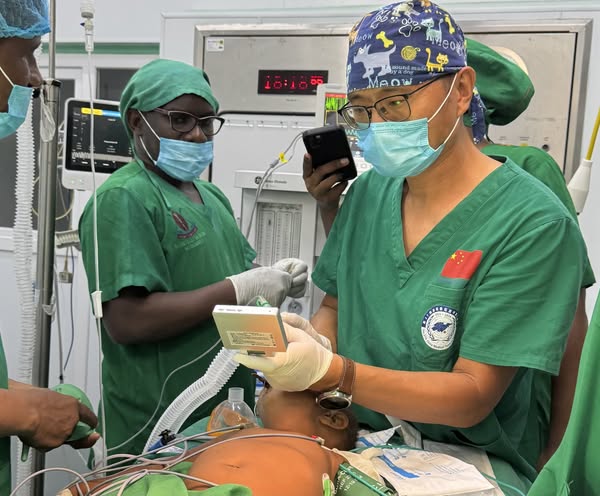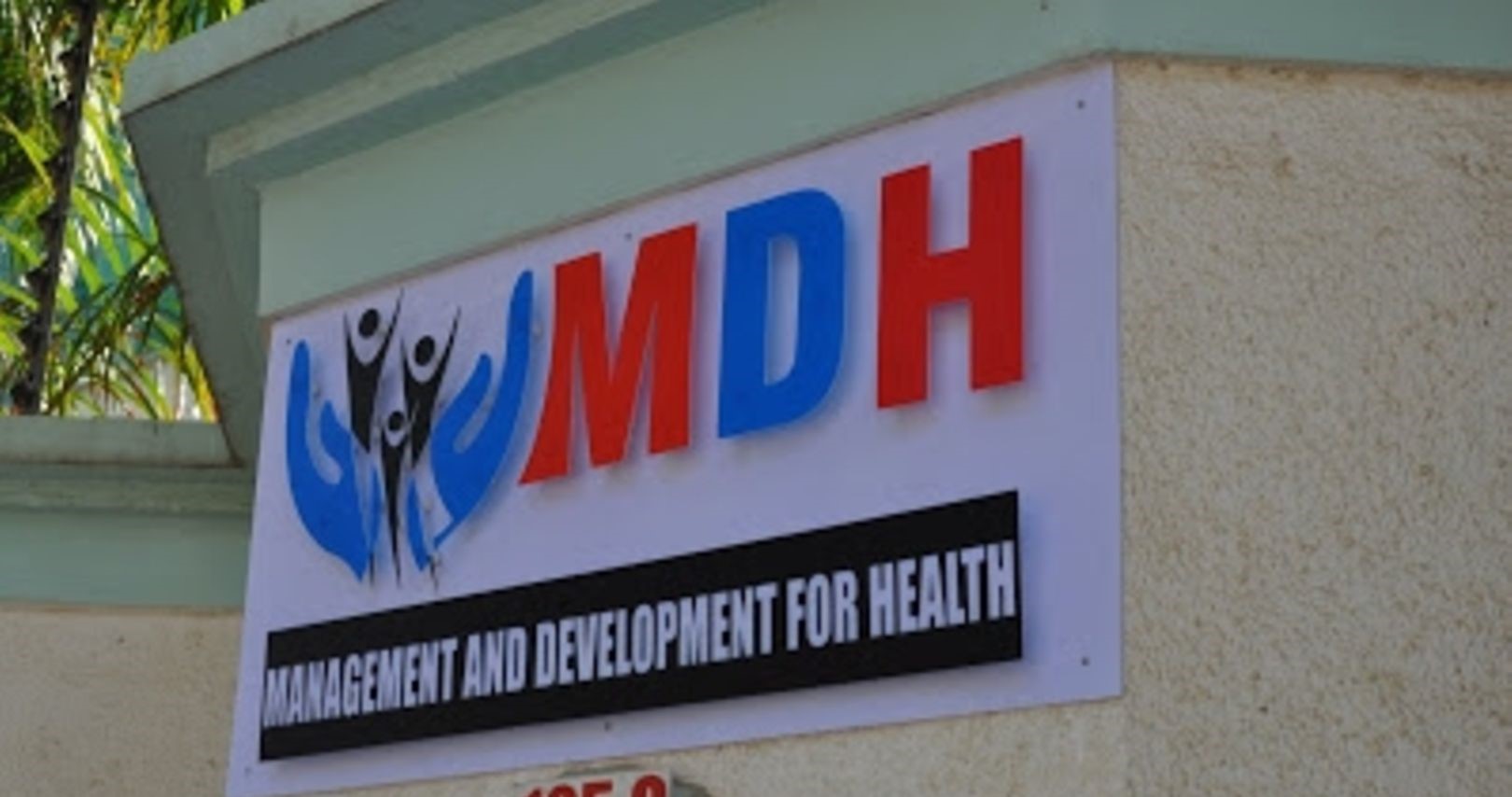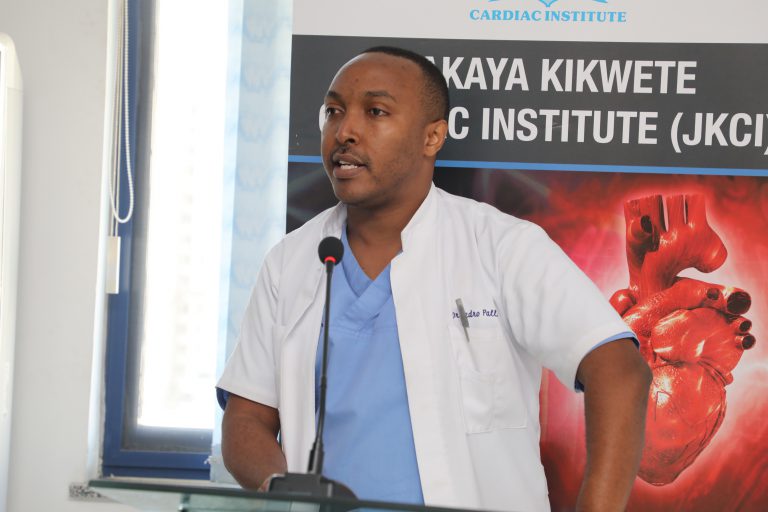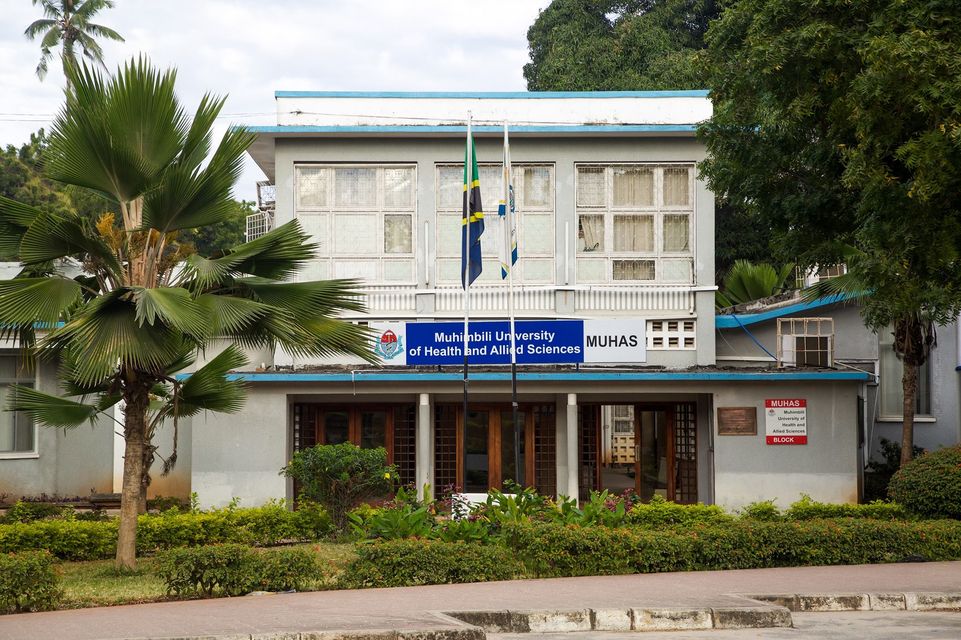Pregnant women in Tanzania and other low- and middle-income countries could benefit from a simpler and cheaper way to protect themselves and their babies from potentially fatal complications, after a new study conducted in India and Tanzania suggested that a single calcium pill taken daily is just as effective as three pills per day in averting complications: preeclampsia and preterm birth.
Preeclampsia is a condition characterized by high blood pressure and protein in the urine during pregnancy, which can be dangerous for both mother and baby. Preterm birth, as the name suggests, is the delivery of a baby before 37 weeks of gestation. Both complications can have devastating consequences, including increasing the risk of maternal death, infant mortality, and long-term health problems for both mother and child.
Currently, the World Health Organization (WHO) recommends that pregnant women with low dietary calcium intake, which is common in many low- and middle-income countries, take 1500 to 2000 milligrams of calcium daily in three divided doses. However, this regimen can be challenging for women to adhere to due to the bulkiness of the pills and the logistical challenges of taking them consistently.
Our findings show that a single pill per day can be as effective as three
Christopher Sudfeld, an associate professor at Harvard Chan, author of a study
The findings were disseminated today 19th January 2024 during the 5th ARISE Network Annual Scientific Symposium held in Dar es Salaam, Tanzania today, themed: Bridging the gap: Turning adolescent health and nutrition research into tangible practice and policy in sub-Saharan Africa“.
“With a reduced pill burden for women and lower costs for governments and programs that buy calcium pills, calcium supplementation should be considered widely implementable in the places it’s needed most—and should start saving thousands of maternal and newborn lives,” says Sudfeld.
The results of the study were disseminated to the policymakers, including the Minister of Health Ummy Mwalimu, other two members of Parliament, and stakeholders from CDC Tanzania, the United States Embassy in Tanzania and several other health organizations.
The new study, published January 11, 2024 in The New England Journal of Medicine enrolled over 22,000 pregnant women across India and Tanzania. Half received the standard three-pill regimen, while the other half received a single 500mg pill. The researchers monitored their health throughout their pregnancies and tracked the incidence of preeclampsia and preterm birth.
The results were striking, researchers say. In both India and Tanzania, the single-pill group showed no significant difference in preeclampsia rates compared to the three-pill group. While the findings on preterm birth were mixed between the two countries, the overall pooled data showed no significant difference either.
However, the researchers caution that further research is needed to confirm these findings in different populations and to explore the long-term effects of different calcium supplementation levels on both mother and baby.
Despite these limitations, the study offers significant hope for a simpler and more accessible approach to preventing pregnancy complications in resource-limited settings. With further research and policy changes, a single calcium pill could become a powerful tool in improving maternal and infant health outcomes around the world.
Funded by the Bill and Melinda Gates Foundation, the study was led by Harvard T.H. Chan School of Public Health and collaborators in India and Tanzania. The collaborators in India were St. Johns Institute. Here in Tanzania, the institutions that collaborated in the study are Muhimbili University of Health and Allied Sciences (MUHAS), Ifakara Health Institute (IHI) and Africa Academy for Public Health (AAPH).

“The uptake of calcium has really been limited across many settings, generally because of the bulkiness of the pills, but also it costs the health system, because it’s a lot of pills to be provided, yet the expense issues and logistics can be challenging,” said the Chief Executive Officer of the Africa Academy for Public Health(AAPH) Mary Mwanyika during the symposium, explaining that this was a four year study but because of the disruptions of the COVID-19 pandemic, it was conducted for five years.
Professor Andrea Pembe, a renowned Gynecologist and former Vice Chancellor of MUHAS, led the study in Tanzania. Speaking during the 5th ARISE Network Annual Scientific Symposium, he said held today in Dar es Salaam, he recommended, “There is need to revisit our recommendations about high dose calcium supplementation, to enable Tanzania and other developing countries to implement calcium supplementation during pregnancy to prevent pre-eclampsia and pre-term birth.”
“These are our recommendations, and we expect other institutions such as the WHO, Ministry of Health to take them forward,” said Prof Pembe as he presented the recommendations of the clinical trials.








